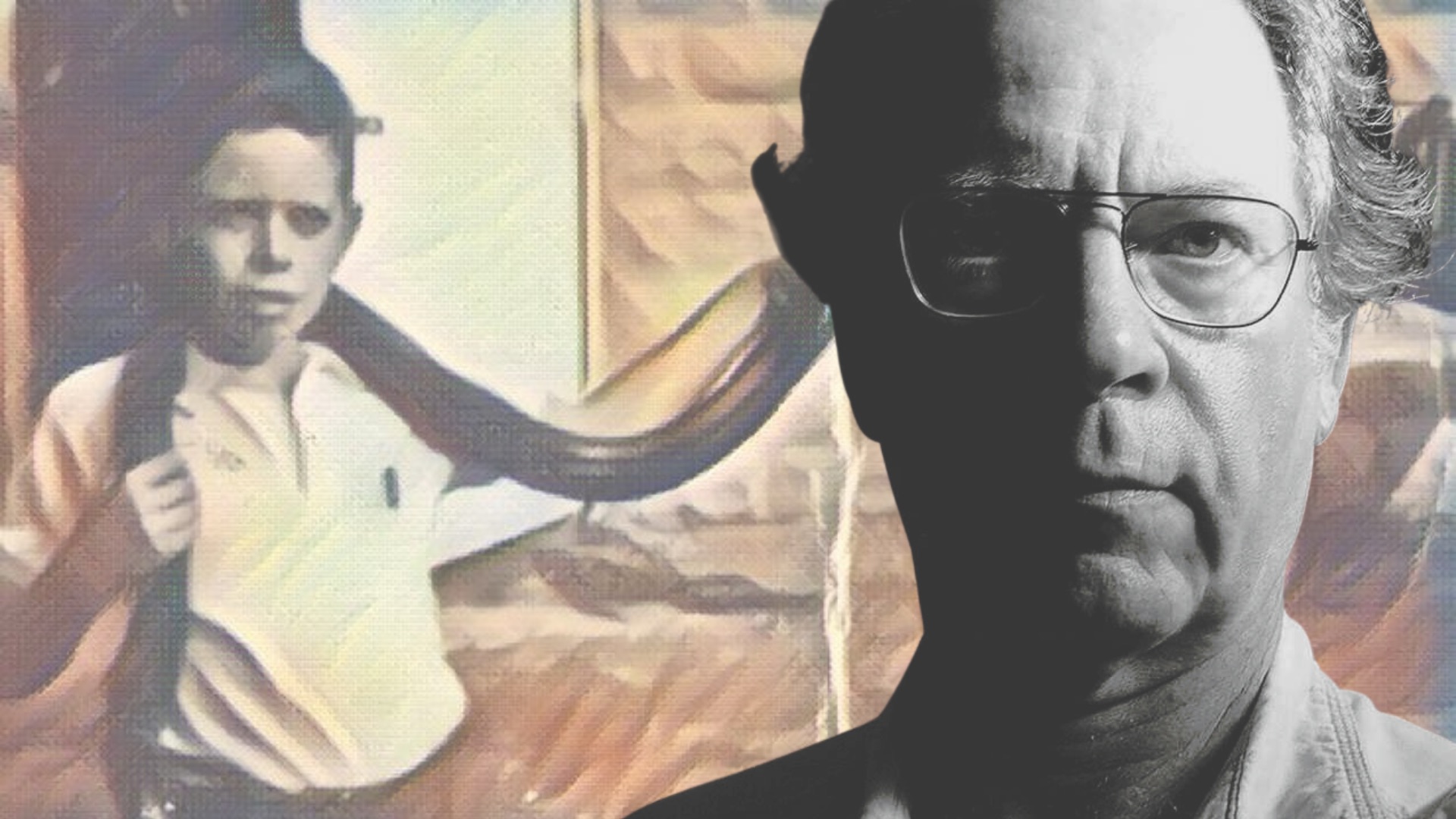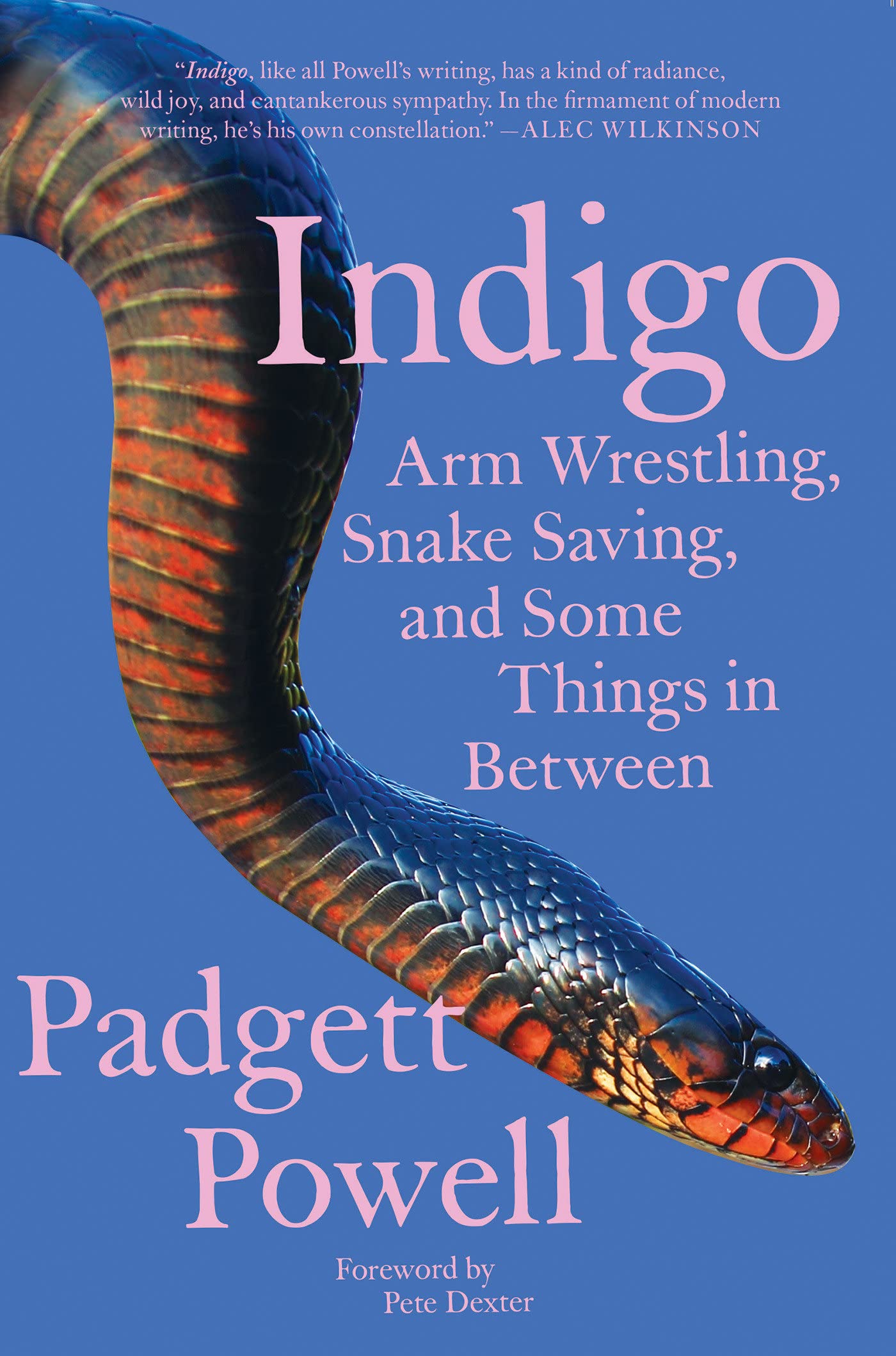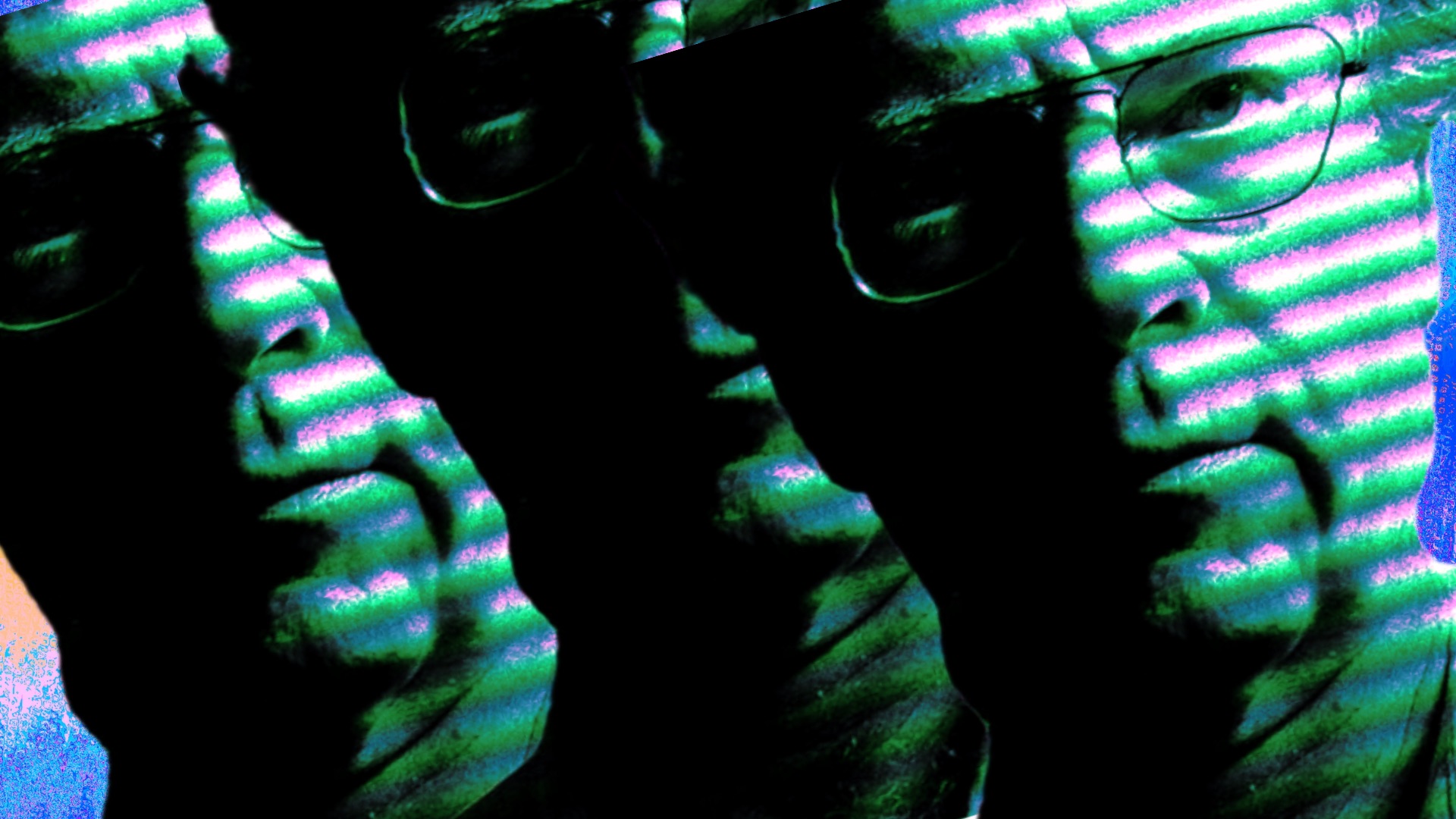
Making Sense
Jordan Blumetti reflects on "Indigo," the latest book from one of the South’s greatest living writers, Padgett Powell.
This wasn’t the last time I saw him, but it was undoubtedly the most memorable. Five years ago, I visited my former college town of Gainesville, Florida, for the annual Florida Writers Festival. The event had been, as it was in previous years, reliably oversold by its name. In other words, not much of a festival at all, but a poorly catered gathering of writing students and faculty in a university administrative building with bad acoustics.
Despite its less than glamorous appointments, this “festival” was always headlined by serious literary celebrities. There were readings and craft talks, book sales and autographs, plenty of strategic mingling. And on the periphery there was Padgett Powell, the swamp-dwelling dark star of fiction, author of the blistering debut novel Edisto, which Walker Percy likened to The Catcher in the Rye, only much better.
At the time of this gathering, which was the fall of 2017, Powell was the director of the MFA program in creative writing at the University of Florida, a faculty member for over thirty years. As part of the apparatus that organized the festival, he was never one of the presenters, but always present, a fixture in the crowd, especially among his brood of devoted pupils, of which I had once been a member.
It was clear from the moment he walked into the room that evening that something terrible had just happened to him. He stood before us, more bemused than angry, unshowered and unshaven, hair like Beethoven, smile like Elmer Fudd, his dirty nylon sport shirt unbuttoned down to his navel, explaining that out in the woods, where he lives on 10 acres abutting a vast upland marsh, record amounts of rain from Hurricane Irma had recently damaged a levee, flooding the basin and its surrounding area for what would turn out to be months.
As he regaled a small audience with this account of the two feet of swamp water in his house and the moccasin swimming in his kitchen and blowing up his stove and enlisting an eclectic band of neighbors to “hump” his antique furniture upstairs to dry ground (adding to this the fact that, some years earlier, he had literally picked up the two-story Victorian home from its original site in downtown Gainesville and trailered it into the woods because of some nebulous social grievance) I realized that this story, and the way it was communicated, would be more significant and more instructive, with respect to the “craft” of writing, than anything else I’d hear that night.
~~~
The story of Powell’s flooded house is briefly recounted in his latest book, Indigo. It appears in a transcribed address he gave at the memorial service for his friend Denis Johnson. Powell recalls a time when he was asked to write a blurb for Jesus’ Son, Johnson’s landmark short-story collection. One of the phrases he used to describe the book was “hard honest comedy,” a phrase he remains especially fond of. He writes, “that is what I am sticking to, and that is why I have labored on like this from soggy Florida with all my shit ruint to tender the highest praise I can … the best is hard honest comedy, and Denis Johnson was the best at it.
"It was clear from the moment he walked into the room that evening that something terrible had just happened to him. He stood before us, more bemused than angry, unshowered and unshaven, hair like Beethoven, smile like Elmer Fudd."
In my estimation, Powell is just as gifted with hard honest comedy, but also humble enough to always put his friend before himself. This is the kind of reverence he has for good writing, an ascendent theme of Indigo. The book is full of offbeat and effortlessly profound tributes to his most cherished writers, including Donald Barthelme, Grace Paley, William Trevor, and Flannery O’Connor. Within these reflections on genuine masters, he also secures his place alongside them.
Lately, a new Padgett Powell book has become a rare, vital thing that bears no resemblance in style or form to the one that preceded it. As his first collection of nonfiction, Indigo is no exception. Composed mostly of previously published magazine and anthology work spanning three decades, it’s also the closest there is to autobiography, with the essay “Hitting Back” the most transparently so. Outlining his personal history in a series of family photographs, Powell discovers the moment he first began to “dabble with the fool notion that you can somehow take a hammer to the world with paper and print.”

The desire and recognition of his power to “hit back” in writing had to do with, in part, experiencing some wickedness as a young man in a recently integrated South. In the ninth grade, Powell and a classmate learned the hard way the ugly reason for gendered school bus seating assignments. Informed by their dean, a “grown bigot,” it was a premise the boys were loath to accept, which led to “get[ting] our asses blasted smartly three times with a polished one-by-two wielded by a state-funded, certified, pensioned redneck.” Powell laments the fact that, after the swatting, he had no recourse, and the regret stayed with him: “That little nausea is at the root, perhaps, of deciding to write — deciding at last, however feebly, to defend oneself, to hit back.”
He asserts that his character was set by the time he was five years old. A raft of bizarre and outrageous life experiences — and a pedigree of wild Florida sons and daughters — predisposed him to becoming a fiction writer, which he defines as “assembling strange truths into less strange lies.” This also wed him to the region. No geography contains stranger truths than the Southeast — Florida in particular — and no writer has a better ear for its dialect or a better eye for the arresting sadness of its marginal absurdities. Yet the idea of being labeled a Southern Writer always seemed to raise his hackles. He hit back against that narrow conceit, turning the stereotype on its head, gleefully mocking the inner circles and the gentry because of what he called a gratuitous pride in place and history. It wasn’t just the laziness of that sentiment that seemed to bother him, but the insincerity.
~~~
Every subject Powell touches throughout Indigo is ennobled by first-rate prose, whether a 700-pound arm wrestler called Cleve Dean, artist C. Ford Riley, knives, dogs, places like New Orleans and Bermuda, or his lifelong obsession with the indigo snake. They’re lucky to have one another. Teaching was no different. As his student, I was keenly aware of my good fortune.

On the first day of my first workshop with him, he passed out a three-page story by Donald Barthelme and a 40-page document that contained the most common usage errors in the English language. By way of introduction, it read: “Most of the rules in this document are the kind that when broken will make the writer look like an idiot. We want, if you are an idiot, to have you conceal the fact.” The notion of teaching was made palatable by his admission that writing probably can’t be taught. But at least he could try to keep us from embarrassing ourselves.
In the classroom, as in his books, he was epigrammatic and mathematical. He wanted to turn writing into an equation because equations had solutions and finding solutions gave us confidence. His commentary was not about round or flat characters and other “literary hogwash” but whether or not you would tell this story the same way to someone at a bar. In all likelihood, this is why he held his office hours downtown at Lillian’s, the oldest bar in Gainesville, usually packed with local color, where we overheard stories that were vastly more entertaining and affecting than the ones we tried to wrestle into coherence during workshop.
In his piece about Flannery O’Connor (aptly subtitled “A Craft Talk Without Craft”), he spends much of the time on tangents about being a drunk roofer in Texas, pubic hair, tae-kwon-do, the benzene ring, Allen Collins, narcotics, and a drunk Tennessee Williams wearing a dirty suit. These topics might seem incidental but of course they’re not. Each point intersects with his broader outline of O’Connor’s genius. (There’s the math again.) Toward the end of the piece, he offers this tidy summary: “I have attempted in the preaching itself rather than in the content of the sermon … to instruct all that I am qualified to instruct: that writing is controlled whimsy. Force whimsy just enough to make sense.” Making sense “is the big and necessary only rule in writing." This line puts me back in the auditorium, cheek by jowl with the rest of his acolytes, listening to him describe his troubles with the storm and the swamp water, understanding the value in all that preaching, even though we’d never be able to spin a yarn like he did. Frankly, no one could.
I remember when I first learned about Indigo. It was three years ago, the last time I saw him. We were sitting in a vinyl booth at Lillian’s, and I asked him if he was working on anything. “My agent wants me to find all those old magazine pieces. I’ll see if I can.” It went something like that. He was lukewarm on the prospect and I didn’t think much of it at the time, except that it probably would never happen. Evidently there was a reason it did. Perhaps because it was intended as a valediction, and he knew it would be a good one. If these pieces are the last to appear in print, they will be enough. A work of nonfiction that’s every bit as funny and precise as his fiction — a book that demonstrates there is no meaningful difference between the two. It is a useful capstone. Something that says, finally, all of it is true.
Tell us which Southern writers you'd like to read about. (Or which you'd like to write about.) Submit your ideas here.
